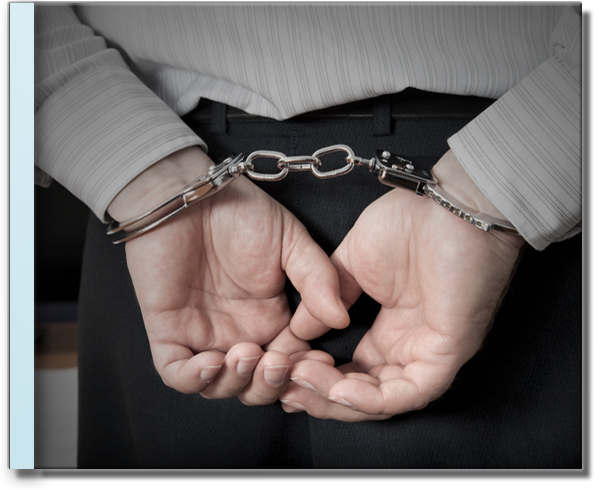
In criminal cases, Makowski Legal strives hard to defend a client based on the legal and factual significance of each case. Makowski Legal believes in providing each client with prompt, personal attention. We make every effort to return phone calls promptly and to keep clients thoroughly informed of the options available to him or her at each stage of the case. Makowski Legal always focuses its advice and efforts toward the best resolution for you.
Makowski Legal vigorously prepares to defend a client as if a trial is a foregone conclusion. After reviewing the law and the facts as applied to a particular case, it is only then, and as a last option where options are already limited, that Makowski Legal considers working out a plea deal for his clients.

Makowski Legal provides criminal and civil legal support for holders of a Concealed Pistol License (CPL) issued by the State of Michigan. We assist our clients who find themselves in a use of force/self defense situation or even when you have been legally challenged while carrying your weapon. We provide legal assistance 24 hours a day, 7 days a week, 365 days a year.
An attorney will be there on location to guide you through the process, from the initial statement made to law enforcement, through any follow up investigation, including representation at any proceedings. We will not abandon you should your need for legal representation continue, all the way through trial if necessary. If you find yourself in a use of force/self defense situation, Makowski Legal will send an attorney to your location anywhere within the State. We dispatch a lawyer to represent you immediately after the shooting incident.
We provide you the same quality legal protection that police officers in the State of Michigan are provided when they are in a self-defense/use of force situation.

A trust, and specifically speaking of an NFA trust in this instance, acts in the same manner as a person. It is considered a legal entity and a repository where the creator of the trust (the Settlor), can add NFA controlled items (suppressors, SBRs, SBSs, etc.), and dictate who can have access to them as well as what happens to them after you die.
It is not, as some would call it, a legal loophole, it simply removes any chance of favoritism or politics that would be in the hands of a Chief Law Enforcement Officer who would otherwise have to personally sign off on an individual to get the same thing.
If you enjoy shooting machine guns, using silencers or other Class 3 firearms or you are looking to own one, do not be discouraged by red tape or government resistance to deny you of your legal rights. Makowski Legal creates a legal entity called a Gun Trust that overcome the hassles, limitations, and out right denial of individual class 3 ownership.
Enjoy Class 3 ownership by simplifying the transfer process. Act now, and become a Class 3 owner. Makowski Legal understands the needs of firearms owners. Makowski Legal represents many machine gun dealers and gun owners throughout the State of Michigan and knows your rights. Each of Makowski Legals' clients receives a customized trust in compliance with Michigan and federal laws. Do not wait any longer. If you want to become a Class 3 owner now, let Makowski Legal help you get started today. Call today.
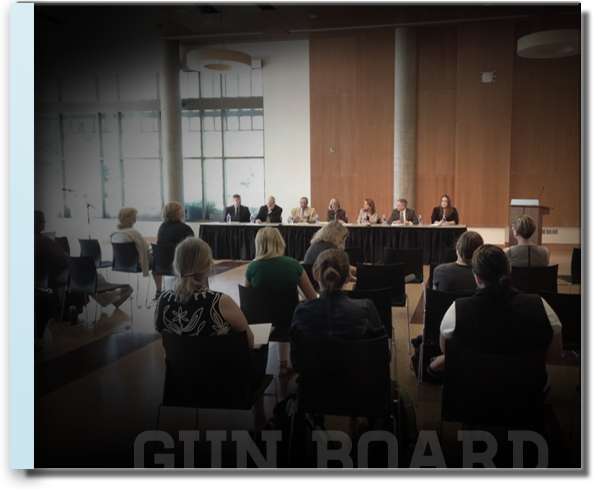
Every citizen of the state of Michigan has the right granted to them by Article 1, §6 of the Michigan Constitution and the 2nd Amendment of The Constitution to keep and bear arms. If you have a clean mental health and criminal history there is no reason for any citizen in Michigan to be denied these rights.
If for any reason you are inalienably denied a CPL or are asked to appear before a gun board to answer questions, please contact us.
If the gun board denies your application you are entitled to file a circuit court action to compel the issuance of a license.
The law says you can appeal a suspension, revocation or denial of a License by filing a petition for judicial review in district court within 90 days. The law also says that if you do not get a License within 40 days from your date of application, you can assume you are denied and go to court. The court will expect you to prove that the chief’s decision to deny you was 'capricious' or 'arbitrary.'
Makowski Legal specializes in gun board appeals and maintaining your legal rights with regards to firearm ownership
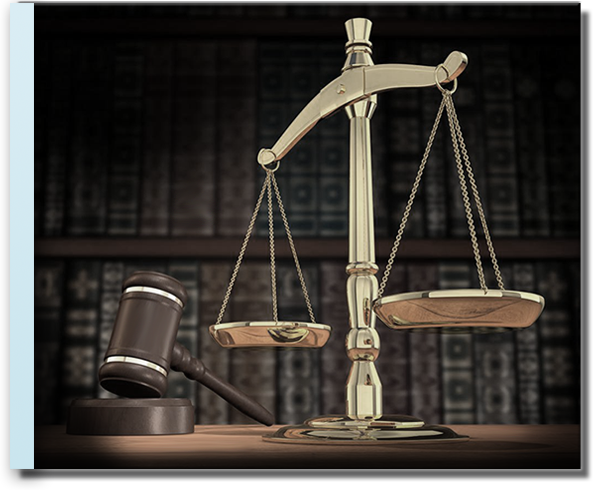
Civil litigation is a legal dispute between two or more parties that seek money damages or specific performance rather than criminal sanctions. Makowski Legal specializes in civil litigation and practice civil litigation representing parties in trials, hearings, arbitrations and mediations before federal, state and local courts.
Nearly any type of wrong or disagreement can escalate into litigation and land in court. When that happens, you need an aggressive attorney who will guide you at all stages, through negotiation, mediation, alternative dispute resolution (ADR), and at trial. When you are involved in any form of dispute that might proceed to court, you need an attorney who is zealous and not afraid of arguing your case before a judge or jury. You will find that representation at Makowski Legal.
Handling all Types of Civil Litigation Cases.
At Makowski Legal, we handle civil litigation cases for individuals and businesses with a variety of legal needs. From recovering compensation for a personal injury to resolving a business contract dispute or a family law matter, we work diligently to protect our clients' interests and achieve a favorable outcome.
We handle all types of civil disputes between individuals, corporations, limited liability companies, partners, and any other form or entity. We handle civil litigation cases including:
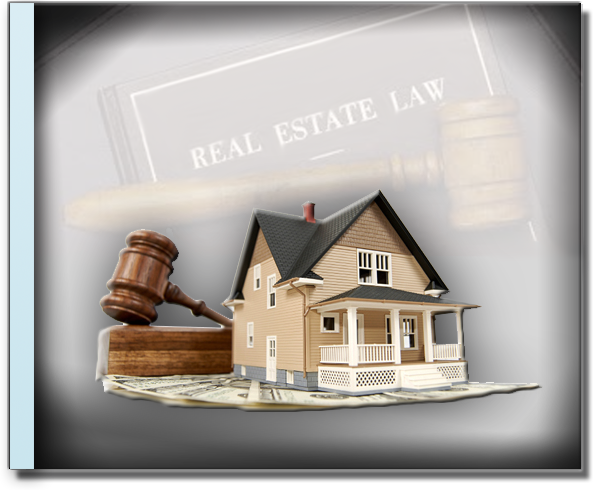
Makowski Legal's real estate litigation group represents commercial, industrial, non-profit, and residential REITs, real estate investors, developers, banks, lenders, property owners, receivers, property managers, landlords, brokers, appraisers, title insurers, escrow agents and other industry-related businesses with a diverse range of needs and interests.
Our attorneys can handle virtually any type of real estate litigation matter, including disputes relating to:
Acquisition and development: disputes arising under purchase and sale agreements, option agreements, development agreements, and land use and zoning disputes
Construction: disputes relating to agreements with general contractors, subcontractors and related liens
Management: litigation of property management agreements and prosecution of receivership actions.
Real estate brokers and agents: disputes relating to brokers, agents and their ethical, fiduciary and other common law disclosure and other obligations, as well as alleged breaches in civil actions and in ethics proceedings before state regulatory agencies
Loan workouts, trustee's sales/foreclosures, collection and bankruptcy: disputes relating to business loan agreements, promissory notes, deeds of trust, assignments of rent and guarantees, including loan workouts/restructurings, trustee's sales, deficiency actions and related bankruptcy proceedings such as motions for relief from the automatic stay
Title disputes: easement, property line, adverse possession, quiet title, trespass, nuisance and other title disputes and actions
Landlord-tenant disputes: eviction proceedings, complex lease interpretation issues and the entire spectrum of landlord-tenant disputes
HOA disputes: disputes relating to communities governed by homeowners' associations and related CC&Rs
Eminent domain, condemnation, valuation and partition disputes: fair market value hearings, condemnation hearings, valuation disputes and partition proceedings
Environmental audits and litigation: audits in advance of potential ownership of real property by contract or pursuant to a trustee's/foreclosure sale and environmental issues arising from the ownership of real property
Subsurface rights: disputes relating to water and mineral rights
Knowledgeable, Innovative, Connected: Our real estate litigation group uses its deep understanding of, and relationships within, the real estate industry to offer clients situation-sensitive and forward-thinking solutions. Our real estate litigation attorneys rely on their extensive resources, including the experience of Makowski Legal's real estate, finance, environmental, construction, financial services litigation, and bankruptcy and reorganization practices, to strategically and efficiently advance our clients' interests.
Invested in Our Clients: Our group strives to develop a thorough institutional knowledge of our clients' business and legal concerns in order to effectively address litigation challenges and keep projects on track. We offer legal solutions that are tailored to meet every client's individual needs.
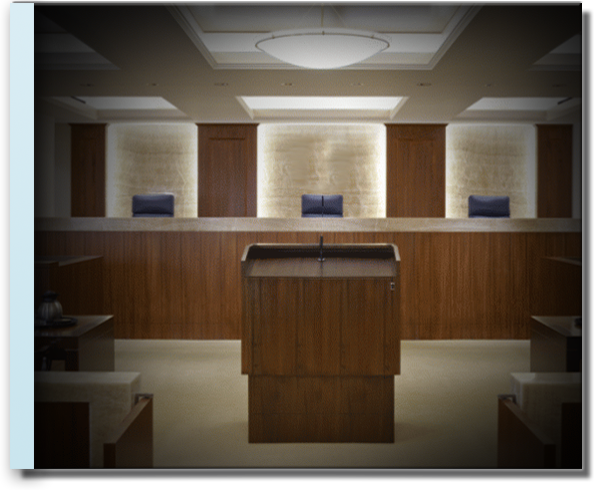
Appellate attorneys specialize in preparing cases heard in appellate court. Appellate courts hear appeals, which are cases brought to court on the grounds that a prior verdict was unjust. Some unique skills are required to present cases in appellate court and people who focus on preparing cases for this venue can offer considerable expertise to their clients. In some cases, an appellate attorney may even be retained during the initial trial to provide advice and guidance designed to ensure a fair trial.
When cases are brought to an appellate court, there are a number of ways in which the case can be argued. Some of these arguments focus on showing that the trial court violated procedure in some way, thus invalidating the result. Others might suggest that injustice occurred, such as a judge refusing to admit evidence that was in fact admissible. Since the facts have been determined already in the trial court, the appeal isn't about contesting the facts, but questioning the process used to arrive at those facts, with the goal of overturning the verdict and obtaining a new trial.
At Makowski Legal, we have a deep understanding of the law. We review the documentation from the case when it appeared in a trial court to understand the facts as presented and the procedures used in the courtroom. Then we pick the case apart to look for weak points that could be used to support arguments made in appellate court. We rely on legal persuasiveness to show a judge that a trial was flawed, rather than charisma to convince a jury of the facts.
Retaining an appellate attorney is typically advised as soon as people believe that a case is going to be appealed.